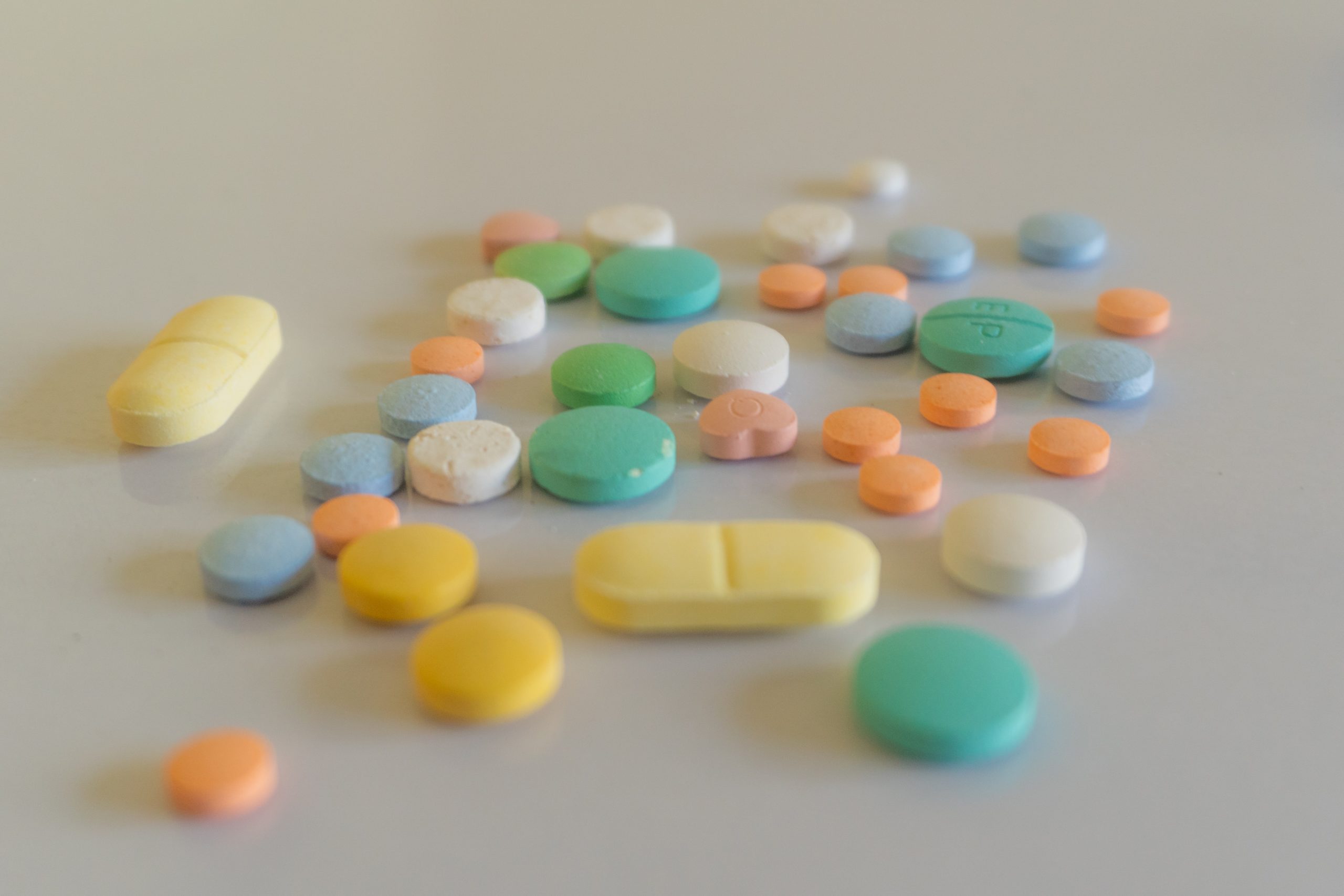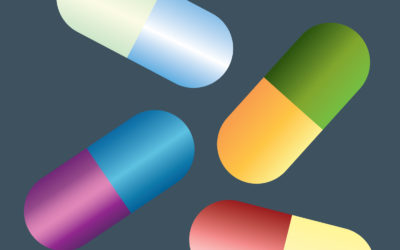When taking prescription medications, it is vital to know the potential harmful side effects that may occur. With certain medications, kidney damage can occur. Many drugs we put into our bodies are filtered through the kidneys, so it is helpful to know which medications could be harmful to your kidneys. However, this information does not replace any expertise of your healthcare provider. Medications with potentially harmful effects may be safely used under the supervision of a provider. If you have any pre-existing conditions or have any concerns, consult your doctor before taking one of these top ten drugs that can cause kidney damage.
Ten Drugs That Can Cause Kidney Damage
ACE inhibitors or ARBs
Angiotensin-converting-enzyme (ACE) inhibitors and Angiotensin II Receptor Blockers (ARBs) are prescription drugs prescribed to treat high blood pressure and heart failure. They work by relaxing your blood vessels and reducing blood volume, decreasing the demand for oxygen by the heart. ACE inhibitors include drugs such as lisinopril and ramipril and ARBs include drugs such as losartan and valsartan. When taking ACE inhibitors or ARBs, your doctor should monitor your kidneys to make sure kidney damage doesn’t occur. For people with pre-existing kidney problems, these medications are often still prescribed and even are used to protect the kidneys too.
NSAIDs
Nonsteroidal anti-inflammatory drugs or NSAIDs are very commonly used medications. NSAIDs include over-the-counter medications such as ibuprofen (Motrin®, Advil®), naproxen (Aleve®), aspirin, and prescription medications like diclofenac (Voltaren®) and celecoxib (Celebrex®) to name a few.Kidney damage may occur in people taking these medications, especially if taken at high doses, frequently, for extended amounts of time, or with other medications that interact to increase the risk of kidney problems.
Vancomycin
Vancomycin is an antibiotic used to treat infections in the intestines, staph infections (especially MRSA), and other serious types of infections caused by bacteria. It is usually given as an intravenous (IV) antibiotic under close monitoring in a hospital setting. Often pharmacists are the ones who monitor the kidneys and drug levels to pick a safe dose for patients. It is only given as an oral medication to treat certain infections like Clostridium difficile and when given orally it is less likely to pose a risk for the kidneys.
HIV Medications
Certain antiviral medications (such as tenofovir and atazanavir) used in the treatment of HIV caan increase your risk of kidney toxicity. Taking other medications with risk of kidney damage, like NSAIDs, can increase the risk of kidney problems with some HIV medications. Your healthcare provider should monitor your kidney function during treatment.
Diuretics
Also known as ‘water pills’ are prescribed to treat high blood pressure and edema (swelling). Taking these drugs has been known to have a mild risk of kidney damage. Your doctor should monitor your kidney function labs while you’re taking these medications.
Jardiance
Jardiance is a prescription medication that is used to treat patients with diabetes. This medication actually supports the health of the kidneys in people with diabetes but, in rare cases, has caused kidney damage particularly for people taking other medications that interact.
Iodinated radiocontrast
These are contrast dyes used in diagnosing patients during CT scans. Most patients who experience kidney damage from iodinated radiocontrast will experience it within 24 to 48 hours. If you take metformin, do not restart your metformin for at least 48 hours after receiving contrast dye, as the metformin can increase this risk.
Foscarnet
Foscarnet is an antiviral drug that is used rarely to treat certain severe viral infections and is often only prescribed after other antivirals have not been successful. This medicine is given through and IV and closely monitored during therapy. There is a warning associated with this medication that kidney impairment occurs to some degree in the majority of people who are treated with this medication. Many cases of kidney injury are reversible by adjusting or stopping the medicine, but in some cases there has been very serious acute renal failure associated with foscarnet. Kidney function should be closely monitored initially when the medicine is started and throughout the treatment course.
Aminoglycoside antibiotics
Aminoglycoside antibiotics are used in the treatment of severe infections, such as infections in the abdomen or urinary tract. These medications are usually given in the IV form and monitored closely during treatment. Like with any medication, avoiding prolonged use will decrease your chance of kidney damage.
Zoledronic acid
This medication is used for patients diagnosed with osteoporosis and bone cancer. It helps people who have weakened bones that are at high risk of fractures or broken bones. At the same time, this drug has been known to interfere with kidney function. If you have pre-existing kidney problems, this medicine may not be right for you and/or should be used very cautiously. Talk with your doctor!
Easy Drug Card
Easy Drug Card is a discount prescription drug card that can be used at over 65,000 pharmacies and will let you receive up to 80% discounts. With our price finder, find the lowest prices on your prescriptions at local pharmacies. Visit our website to get your free discount prescription drug card!
References:
- Lexicomp®
- https://www.mayoclinic.org/diseases-conditions/high-blood-pressure/in-depth/ace-inhibitors/art-20047480
- https://www.mayoclinic.org/drugs-supplements/vancomycin-intravenous-route/description/drg-20068900
- https://www.ncbi.nlm.nih.gov/pmc/articles/PMC5447694/
- https://pubmed.ncbi.nlm.nih.gov/2840226/
- https://www.aafp.org/afp/1998/1115/p1811.html#:~:text=Aminoglycosides%20are%20used%20in%20the,rare%20but%20increasing%20in%20frequency












